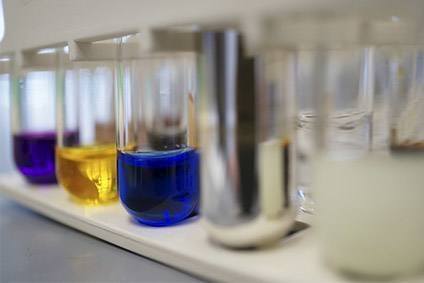
The Bluesign, SCTI index is intended to inspire change in the industry by making it easier for stakeholders such as chemical suppliers, manufacturers, brands, and NGOs, to assess the sustainability of textile chemical products against the highest standards while safeguarding the intellectual property of participating companies.
SCTI was formed in 2020 and is an alliance of leading chemical companies applying sustainable, state-of-the-art chemistry solutions that protect factory workers, local communities, consumers and the environment. It includes founding members Archroma, CHT Group, Huntsman, Kyung-In Synthetic Corporation (KISCO), Pulcra Chemicals, Rudolf Group and Tanatex Chemicals. Switzerland-based Bluesign will implement and manage the index as an independent authority.
Daniel Rüfenacht, Bluesign CEO, says, “SCTI offers deep sustainability knowledge in the chemical industry. The new sustainable chemistry index will help the industry progress beyond current regulations and realise the EU Chemicals Strategy for Sustainability by providing textile chemical users a clear rating on a substance’s environmental and social impact to advance decision-making.”
Chemical products, such as dyes and textile auxiliaries, are often characterised with the attribute of “free of a certain substance” notes Bluesign. Rather than prioritising ingredients only, the chemicals and the production site where they were created must meet certain criteria regarding environmental performance, occupational health and safety, and product stewardship performance to be Bluesign approved.
Dr. Wolfgang Anton Schumann, SCTI chairman, said: “Through its independent position, Bluesign has earned the industry’s trust to provide sustainable chemical solutions and impact reductions across the supply chain for the past two decades. This partnership exemplifies our organisations’ joint expertise and how collaboration creates solutions that can drive meaningful change across an industry to reduce impact on people and our planet.”
The sustainable chemistry index will be reserved for substances that offer transparency on a number of additional indicators including the chemical’s circularity viability, greenhouse gas emissions during production, and the source of the raw materials. The index will also require that the downstream use of the chemical is optimised, for example, that it promotes resource saving in textile finishing. Additionally, excellent corporate governance paired with well-defined environmental and social (ESG) goals will be a pre-condition.

US Tariffs are shifting - will you react or anticipate?
Don’t let policy changes catch you off guard. Stay proactive with real-time data and expert analysis.
By GlobalData


